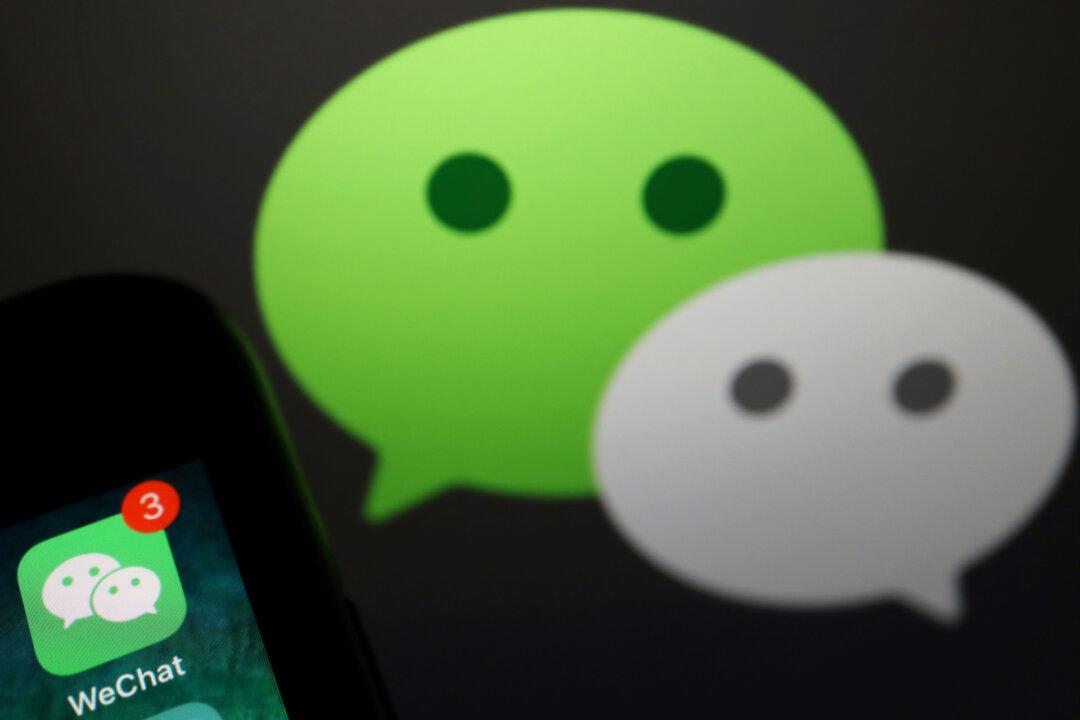WeChat has only hours left to respond to an Australian government inquiry after it refused to front a parliamentary inquiry earlier this month.
Chair of the Senate Select Committee on Foreign Interference through Social Media, Senator James Paterson, said that he has sent WeChat detailed series of questions after it failed to appear to give evidence.




